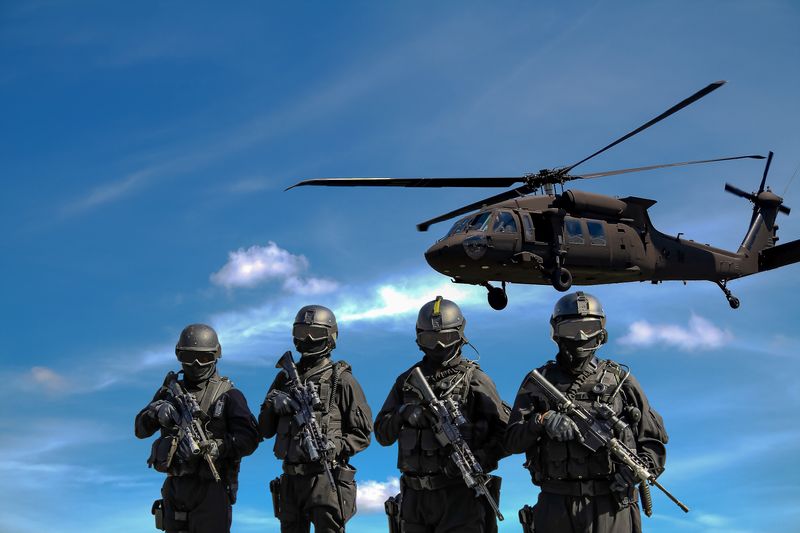##Unlawful Indiscriminate Attack
The strike which used an “enhanced-blast” type munition, resulted in numerous civilian casualties. In a crowded civilian area, the use of such a weapon by Myanmar’s military is a grave violation of international humanitarian law. The humanitarian law code requires all warring forces to distinguish between military objectives and civilians, ensuring that the targets of attack are not civilians or civilian objects. This attack was clearly indiscriminate and caused extensive damage over a wide area.
##Disproportionate Attack
International humanitarian law prohibits indiscriminate attacks, as mentioned above. Using methods or means of combat that cannot be limited in ways that minimize civilian life and damage to civilian objects is unlawful. The recent attack in Myanmar was almost certainly an unlawfully disproportionate attack that caused a great deal of damage and loss of life.
##Command Responsibility
The criminal intent behind these violations of international humanitarian law makes them war crimes. There is accountability for such crimes, as individuals can be held criminally liable for attempting to commit a war crime. Facilitating, aiding, or abetting a war crime is also a criminal act. Commanders who failed to take necessary action in the face of war crimes by their forces are likely to have a liability. It is necessary at this point to mention that the Myanmar military‘s recent actions expose them to criminal responsibility.
##International Responsibility
The international community must act to prevent further abuses. Measures must be taken to deter Myanmar’s military from perpetrating such atrocities. Furthermore, governments should prevent funding for weapons as well as aviation fuel from flowing into Myanmar‘s military. This can serve as a deterrent and prevent the military from committing further offenses against civilians.
##Role of ASEAN
At its next meeting in Indonesia from May 9-11, the Association of Southeast Asian Nations (ASEAN) should signal its support for stronger measures to cut off the military’s cash flow and press the junta for reform. The ASEAN has the responsibility to take action that would strengthen the traditional human rights mechanisms.
##Role of UN Security Council
The United Nations Security Council should adopt an arms embargo, refer Myanmar to the International Criminal Court, and impose targeted sanctions on junta leadership and military-owned companies. This should be done after the UN Security Council follows up on its December resolution on Myanmar and its March follow-up briefing.
Stronger measures are needed from the international community to prevent Myanmar’s military from committing further gross human rights violations. The international community, ASEAN, and the UN Security Council should work together closely to put an end to the cycle of human rights violations by the Myanmar military.

<< photo by Somchai Kongkamsri >>
You might want to read !
- Croatia’s Border Pushbacks Continue Despite Criticism and Legal Action
- Egypt’s Crackdown on Dissent Continues: Arrests Made on Ex-MP’s Family and Supporters
- Myanmar’s Partial Prisoner Release Leaves Political Dissidents Behind
- Burkina Faso Army Implicated in Karma Massacre
- Examining the Vital Role of Journalism in Upholding Human Rights: A Look at the 2023 Human Rights Press Award Winners